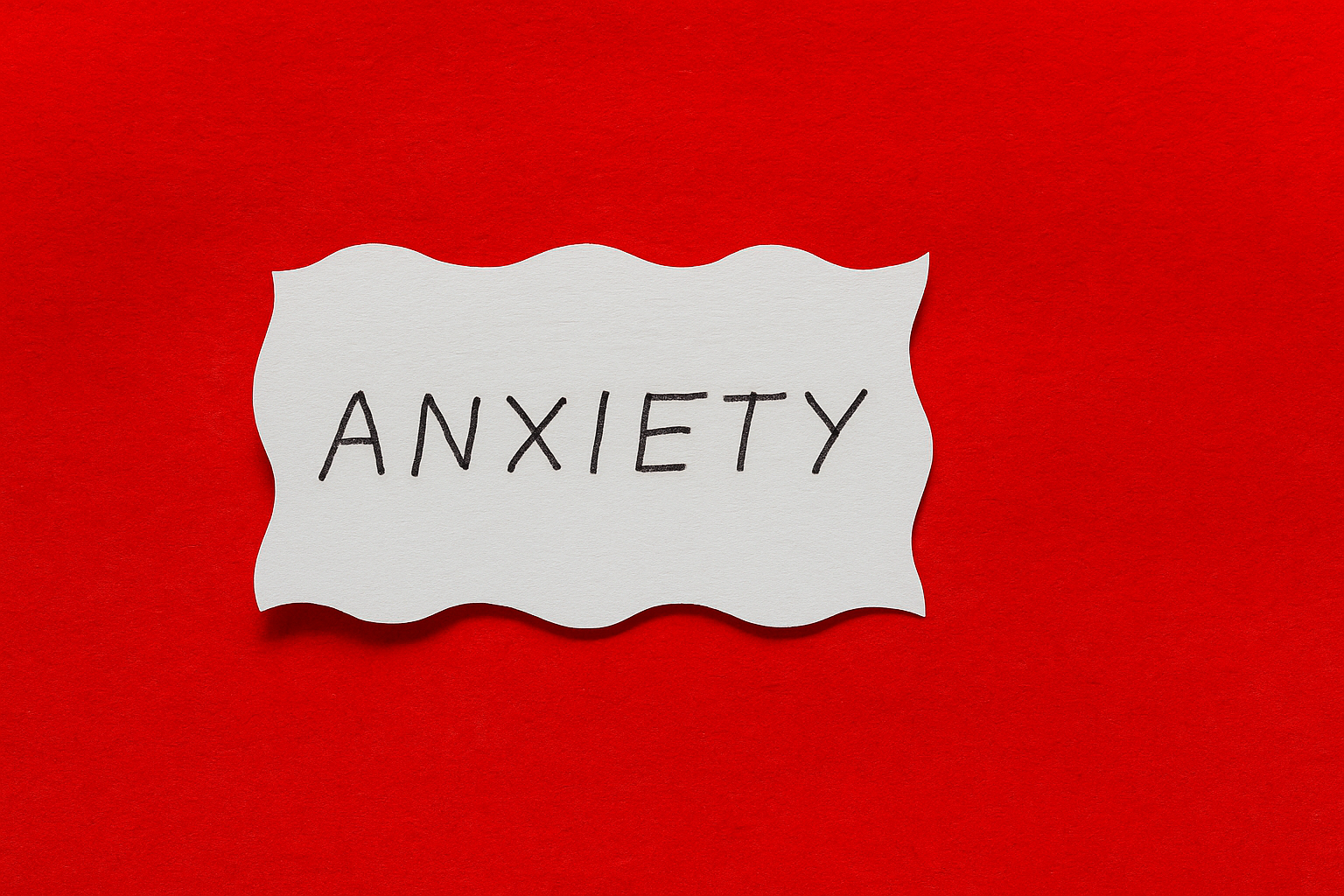Anxiety disorders are among the most common mental health conditions in the world. While occasional stress or worry is normal, constant anxiety that disrupts everyday life requires professional support. At Baltimore Counseling Center, we help individuals explore effective options for the treatment of anxiety disorders—so they can find peace, confidence, and balance again.
In this article, you’ll discover the different types of anxiety disorders, treatment options, natural remedies, and how therapy and lifestyle changes can make a difference.
What Are Anxiety Disorders?
Anxiety disorders go beyond temporary nervousness. They involve persistent, excessive worry and fear that can impact work, relationships, and overall health.
Common types of anxiety disorders include:
- Generalized Anxiety Disorder (GAD) – constant worry about everyday matters
- Panic Disorder – sudden anxiety or panic attacks
- Social Anxiety Disorder – intense fear of social situations
- Phobias – extreme fear of specific objects or situations
- Obsessive-Compulsive Disorder (OCD)
- Post-Traumatic Stress Disorder (PTSD)
Causes of Anxiety Disorders
Understanding the root cause helps guide effective treatment for anxiety.
- Biological factors: brain chemistry imbalances, genetics
- Environmental factors: trauma, stressful life events
- Lifestyle factors: poor sleep, high caffeine intake, lack of exercise
Signs and Symptoms of Anxiety Disorders
Anxiety can show up in different ways:
- Physical symptoms: rapid heartbeat, sweating, dizziness, shortness of breath
- Emotional symptoms: constant worry, irritability, fear of losing control
- Behavioral symptoms: avoiding situations, panic attacks, compulsive habits
If these symptoms persist, professional treatment of anxiety disorders is strongly recommended.
What is the Best Treatment for Anxiety Disorders?
There isn’t a one-size-fits-all answer. The most effective plan often combines therapy, medication, and lifestyle adjustments.
1. Therapy for Anxiety Disorders
Therapy is considered the first-line treatment for anxiety disorders.
- Cognitive Behavioral Therapy (CBT): Helps challenge negative thinking patterns.
- Exposure Therapy: Gradually reduces fear by facing triggers safely.
- Mindfulness-Based Therapy: Builds self-awareness and stress control.
At Baltimore Counseling Center, we use evidence-based therapies to guide clients toward lasting results.
2. Medication for Anxiety
For some, therapy works best when paired with medication. Commonly prescribed options include:
- SSRIs (Selective Serotonin Reuptake Inhibitors)
- SNRIs (Serotonin-Norepinephrine Reuptake Inhibitors)
- Benzodiazepines (for short-term relief of acute anxiety attacks)
- Beta-blockers (for physical symptoms like rapid heartbeat)
Medication must always be discussed with a qualified professional.
3. Natural Remedies for Anxiety
Many people ask about natural remedies for anxiety. While they may not replace professional treatment, they can complement it. Options include:
- Deep breathing, yoga, and meditation
- Herbal supplements such as chamomile or valerian root
- Daily exercise to release endorphins
- Limiting caffeine and alcohol
- Consistent sleep routine
4. Lifestyle Changes That Help Reduce Anxiety
Even small changes can have a big impact:
- Maintaining a balanced diet
- Staying physically active
- Connecting with supportive people
- Reducing screen time before bed
- Practicing daily self-care
Benefits of Early Treatment for Anxiety
Getting help early can:
- Prevent symptoms from worsening
- Improve daily functioning and relationships
- Build long-term coping strategies
- Restore confidence and peace of mind
Holistic Approach to Anxiety Treatment
The most effective treatment of anxiety disorders often combines:
- Therapy for deep emotional healing
- Medication when symptoms are severe
- Natural remedies for additional relief
- Lifestyle habits that promote mental wellness
- Support from loved ones
How to Support a Loved One with Anxiety
If someone you care about struggles with anxiety:
- Listen without judgment
- Encourage them to seek professional help
- Avoid minimizing their feelings
- Practice coping strategies together
How Long Does Treatment for Anxiety Disorders Take?
Recovery time varies. Some notice improvement in weeks with therapy, while others may take months of consistent effort. The key is patience and commitment. With professional guidance, progress is always possible.
Why Choose Baltimore Counseling Center for Anxiety Treatment?
- Licensed, compassionate therapists
- Customized treatment plans
- Safe, confidential environment
- Evidence-based approaches for long-lasting results
We are committed to helping clients overcome anxiety and live fuller, healthier lives.
People Also Ask (FAQs)
Q: What is the most effective treatment for anxiety disorders?
A combination of therapy (especially CBT), lifestyle changes, and sometimes medication.
Q: How does therapy help in the treatment of anxiety?
It helps reframe negative thoughts, reduce avoidance, and teach coping techniques.
Q: Which medications are commonly prescribed for anxiety disorder treatment?
SSRIs, SNRIs, benzodiazepines, and beta-blockers.
Q: Can lifestyle changes reduce the need for anxiety attack treatment?
Yes—healthy habits often reduce the severity and frequency of anxiety attacks.
Q: What is the difference between the treatment of anxiety and the treatment of anxiety disorders?
Treatment of anxiety may refer to short-term stress relief, while treatment of anxiety disorders addresses long-term clinical conditions.
Q: How long does treatment for anxiety disorders usually take?
It varies, ranging from weeks to months, depending on the severity and consistency of treatment.
Q: Are natural remedies effective for treating anxiety disorders?
They can help, but are best used alongside professional treatment.
Q: When should someone seek professional help for anxiety disorder treatment?
When anxiety interferes with daily life, relationships, or work.
Q: What is the treatment for anxiety disorder?
Typically a mix of therapy, possible medication, and lifestyle changes tailored to each person.
Final Thoughts
Anxiety disorders may feel overwhelming, but treatment is highly effective. From therapy and medication to natural remedies and lifestyle changes, there are many ways to find relief.
At Baltimore Counseling Center, we’re here to support your journey every step of the way. With personalized care and proven strategies, you can regain control, reduce anxiety, and live with greater peace of mind.

